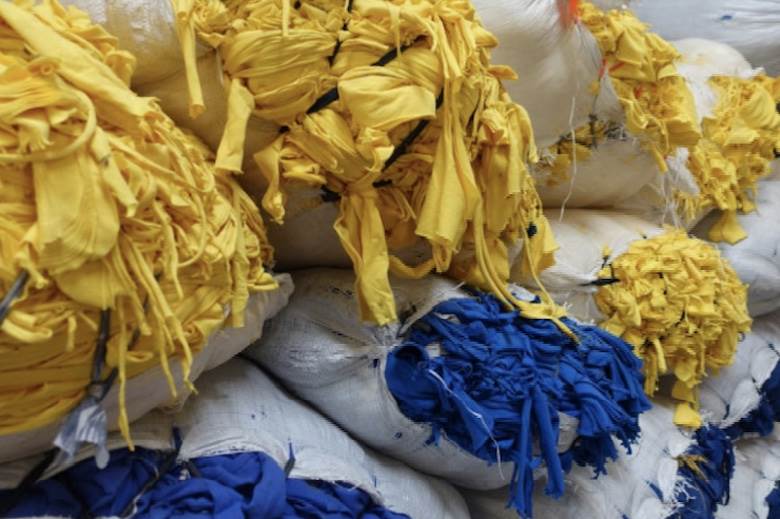Tunisian pre-consumer recycling pilots underway

The Vienna-headquartered United Nations Industrial Development Organization (UNIDO) has announced two Tunisian pre-consumer textile waste recycling pilot projects under its European Union-funded Mediterranean circular-economy initiative SwitchMed.
SwitchMed was itself launched back in 2013 and is already well-established in Tunisia, where it works with government entities and the Tunisian Textile and Clothing Federation (FTTH), as well as local suppliers to international fashion brands.
These two latest industrial pilots fall under SwitchMed's Med Test III umbrella. Both results and a “high-value recycling” roadmap for viable business model implementation are expected mid-2023.
One of the projects will engage manufacturer Bébé Chbil in improving its sorting and separation of knitted textile waste. The aim is to enlarge the pool of pre-consumer textile waste reaching Tunisian recyclers, especially that made from high-quality fibres, which is in turn expected to generate higher profits at this stage in the value chain.
Meanwhile, the second project will be spearheaded by Italian denim and casualwear brand Diesel. In a bid to reduce the carbon footprint of its processes, the company will look to collaborate with Tunisian denim suppliers in incorporating closed-loop systems for higher quality cutting waste in partnership with local recyclers.
Not only will Diesel seek to improve waste management and segregation in this way, it will also pilot textile-to-textile mechanical recycling of 100% cotton or cotton-rich textile waste. “We need to start producing with what we already have, recovering existing materials and implementing a circular approach,” commented the brand's sustainability ambassador, Andrea Rosso. “We believe that waste should be treated as a valuable raw material."
According to data published by Blumine and Reverse Resources last year, and cited by UNIDO, approximately 55% of Tunisian pre-consumer textile waste is generated by cutting waste. By contrast, 17% of this total waste is believed to be due to overproduction. The same study estimates that knit cutting waste represents around 5,400 tons of the country’s annual total, whereas non-knit cutting waste amounts to roughly 14,000 yearly.
Image: Reverse Resources.










